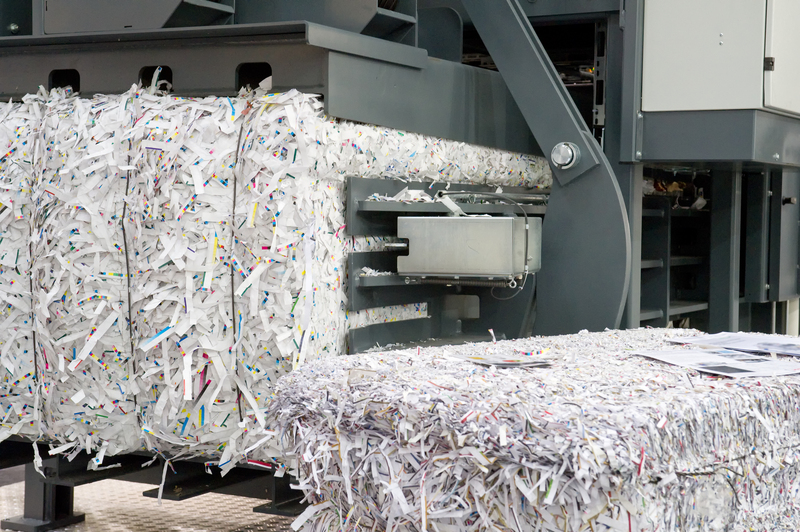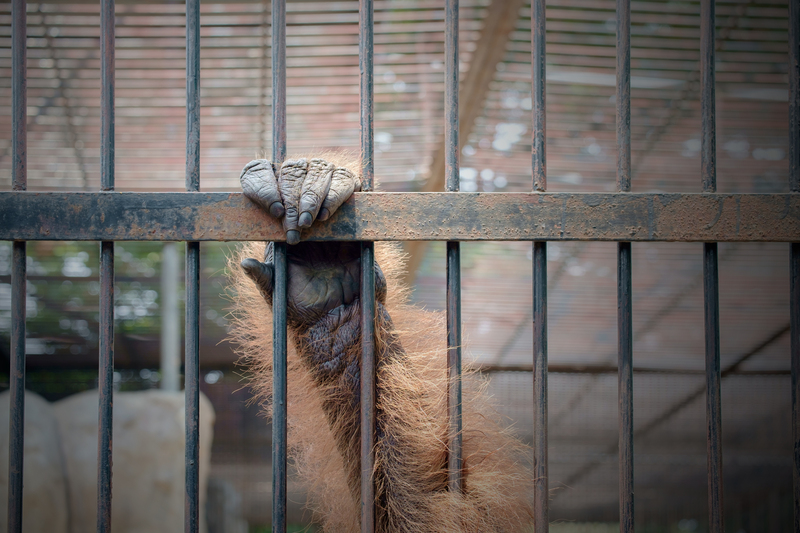4 The Role of Government in Managing Food Waste in London
Posted on 13/06/2024
Food waste is a major global issue, with millions of tons of perfectly edible food being thrown away each year. In London alone, over 2 million tonnes of food is wasted annually, which not only has significant financial implications but also impacts the environment. As the capital city of one of the largest economies in the world, it is crucial for London to effectively manage its food waste. This responsibility falls largely on the government and its policies and initiatives. In this article, we will explore the role of the government in managing food waste in London.
The Current State of Food Waste in London
The problem of food waste in London is a complex one. On one hand, there are thousands of people who go hungry every day while on the other hand, there is an excessive amount of food being discarded by households, restaurants, and supermarkets. According to a report by the Greater London Authority (GLA), 70% of food waste in London comes from households, followed by 17% from businesses and 13% from hospitality and food service sectors.
The consequences of this wastage are not only limited to economic losses but also have severe environmental impacts. Food waste contributes significantly to greenhouse gas emissions as it decomposes in landfills, releasing methane gas which is more potent than carbon dioxide. Moreover, resources such as water, energy, and land used to produce this wasted food are also wasted.

The Government's Efforts in Reducing Food Waste
In recent years, the government has taken several steps to address the issue of food waste in London. One such initiative was the 'Love Food Hate Waste' campaign launched in 2007 by WRAP (Waste and Resources Action Programme) which aimed to educate people about reducing household food waste. This campaign has resulted in a decrease of household food waste by 16%, saving consumers ?480 million per year.
The government has also implemented policies to encourage businesses and organizations to reduce their food waste. The 'Resource and Waste Strategy' introduced in 2018 set targets for businesses to reduce food waste by 50% by 2030. This strategy also includes measures such as mandatory food waste reporting for large businesses and a ban on sending food waste to landfills.
The Challenges
While the efforts by the government have shown positive results, there are still challenges that need to be addressed. One of the major barriers is the lack of a coordinated approach between different sectors. Many local authorities do not have a specific plan or designated team to manage food waste, which results in inconsistent efforts and slower progress.
Another issue is the lack of awareness and understanding among consumers about the consequences of food waste. Despite initiatives like the 'Love Food Hate Waste' campaign, many people still do not realize the impact of their individual actions on the environment and society.
Pros and Cons
One of the main advantages of the government's role in managing food waste is its ability to implement policies and regulations that can have a significant impact at a large scale. By setting targets and implementing laws, it can create a framework for businesses and individuals to follow.
However, some argue that too much government intervention can stifle innovation and creativity. Some solutions proposed by the government may not be feasible for small businesses or may require high costs which they cannot afford. Moreover, imposing strict regulations can lead to resistance and non-compliance from businesses.
Tips for Individuals to Reduce Food Waste
While government initiatives play a crucial role in managing food waste in London, individuals also have a responsibility to take action. Here are some tips that individuals can follow to reduce their contribution to food waste:
1) Plan meals ahead and only buy what you need
2) Store food properly to increase its shelf life
3) Get creative with leftovers and avoid throwing away excess food
4) Compost food scraps instead of throwing them in the bin
5) Donate surplus food to local charities or food banks.

Takeaways
Food waste is a complex issue that requires a multi-faceted approach. The government plays a crucial role in setting policies, providing resources, and educating the public about the impacts of food waste. However, individuals and businesses also have a responsibility to be mindful of their actions and make efforts to reduce food waste.
Conclusion
In conclusion, managing food waste in London is a shared responsibility between the government, businesses, and individuals. While there are challenges that need to be addressed, the government's efforts have shown promising results. By working together and taking necessary actions, we can significantly reduce food waste and create a more sustainable future for generations to come. So let's all do our part in reducing food waste in London.
Latest Posts
Innovations Aiming to Reduce Ocean Waste
Reducing Waste in Christmas Celebrations




 020 3743 9508
020 3743 9508


